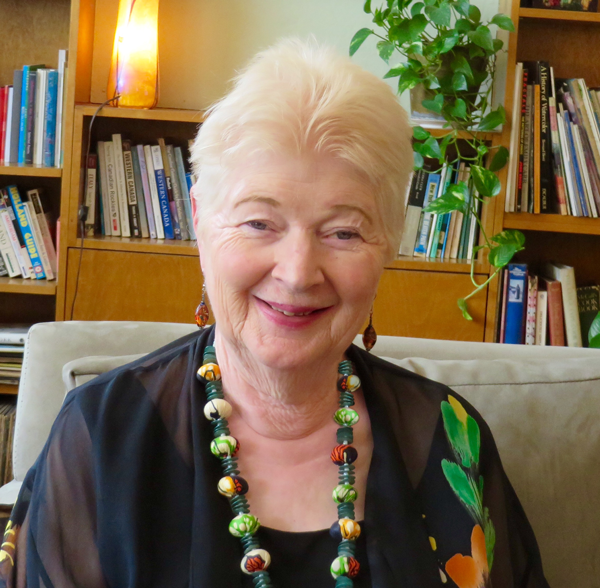About Lynn Preston
Lynn Preston, MA, MS, LP, is a focusing-oriented relational psychoanalyst, teacher and supervisor. She is a graduate of the PPSC Advanced Self Psychology program, a faculty member of the Institute of Contemporary Psychotherapy (ICP) and the founding Director of the Experiential Psychotherapy Project (EPP). Lynn has written and presented internationally on the integration of focusing and relational psychoanalysis. She also has an abiding interest in experiential teaching and integrative processes.
“Early in my career I became fascinated with the integration of what I’ve come to call “two interwoven miracles”: Embodied Introspection (contact with one’s own inner experience) and Therapeutic Connectedness (contact with the other). ”
It began in the late 70s, when a colleague of mine mentioned that a philosopher / psychotherapist named Gene Gendlin was going to give a workshop on Experiential Psychotherapy. It was the same week that I was moving into my West Village apartment. Surrounded by boxes and in spite of my aversion to chaos, I felt strangely compelled to check it out. This meeting turned out to be a life-changing event. Gendlin struck me at first as an unassuming unremarkable man, but I soon found myself in rapt attention to his particular way of listening to the inside of what people were saying. His listening enabled them to connect with meanings that lay beneath the surface of their words. He listened so intently, at the feeling level, that the room of strangers quickly became alive with intimacy. He then demonstrated an approach to listening to ones inner self in this same manner—a method he was developing called “focusing." I was sure that I had found the missing link for understanding therapeutic process, tying together all the helpful methods of doing therapy that I had been studying.
“I learned from Gendlin how to sense into myself and was amazed to find that this self came forward clearly speaking its own truths. New awareness emerged organically, steps leading out to a hopeful, fresh, unexpected creativity. I call this sensing into experience, THE FIRST MIRACLE.”
As I worked with focusing, I noticed something very intriguing. As the “felt sense,” or the “underbelly”of experience as Gendlin sometimes calls it, is evoked, a unique quality of therapeutic relationship evolves—intimate, delicate and powerful—through which the client is not only able to be more himself but is able to find a new, more alive, more trusting, open and resilient self.
I wanted to know more, from the inside, about the intensity and vitality that an emphasis on the therapy relationship could provide and began a search for a relationally oriented psychoanalyst with whom I could have such an experience. With this therapist, I was encouraged to take interpersonal emotional risks. I was invited to give voice to my need for loving contact, to my fear of losing myself in those needs, and to my conflicts about asserting myself when I was feeling dependent. In this risk-taking, trust-building process, I discovered fresh and surprising ways of being, that I recognized as a “new me.” I experienced first hand that the building of new relatedness is a birth process in which two people, working closely together, nurture new life as it unfolds. I call this amazing kind of therapeutic connectedness THE SECOND MIRACLE.
For many years now I have immersed myself in learning and teaching in both the focusing tradition and the traditions of self psychology and relational psychoanalysis. It has been my aspiration to understand and spell out these interwoven pivotal aspects of therapy along with the concepts and skills that come from them.Toward this end, I have had one foot in the psychoanalytic world with its emphasis on theoretical exploration and one foot in the focusing world with its emphasis on the centrality of embodied experiential process. These traditions exponentially enrich and expand each other forming an organic, vibrant web of theoretical inspiration and clinical grounding.
